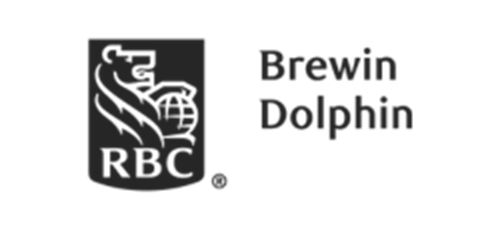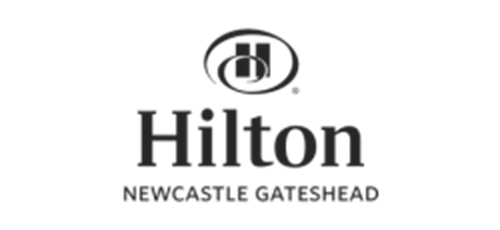EF News
Attend any Entrepreneurs’ Forum event and you’ll likely meet Elaine Stroud – the Forum’s CEO, a champion for North East entrepreneurship and an avid note taker! In this article she details what she learned at our round table discussion ‘Smart Strategic Planning’ led by Blu Sky co-founder and CEO Jon Dudgeon.

As financial year ends approach for many of our members, it is timely to compare notes between our members on how entrepreneurs set their strategies for the upcoming years. We recently ran round table discussions in both Newcastle and Darlington, chaired by Jon Dudgeon, Managing Director of Blu Sky, where the following key messages were shared:
- A strategy document doesn’t need to be lengthy of complicated. In fact, presentation of your strategy should ideally be kept to a single page. This makes it a much more useful document for communicating your plans to your team and other stakeholders.
- A great tool is an Orbit chart. This is a visual way of representing your strategy.
- If you’re entirely comfortable with your strategy, there’s a strong chance it isn’t very good. Strategy shouldn’t eliminate all risks. Instead, it should increase the chances of you overcoming the risks.
- Spend time focusing on the strategic themes for your organisation. These should be the key choices that influence your customers and how likely it is that they’ll want to purchase your services/ products.
- Invest time away from the day to day running of the business to focus on your strategy. Ideally, go offsite for at least one day per annum, with your senior leadership time to set/review the strategic goals.
- As the leader of the business, you need to give yourself headspace to think about the strategy on a regular basis. Build this half day per week into your diary and make sure it happens.
- A number of the entrepreneurs in the round table discussion recommended using mentors to discuss strategy. Mentors will ask questions and give you the confidence that your own decisions make sense. Some of our members use mentors in a formal sense such as appointing non-executive directors, trusted advisors or business coaches, other used adhoc mentors as sounding boards. Everyone agreed that talking to someone external to the business is extremely valuable.
- Implementation is absolutely key to success. It was agreed that getting disciplined in producing monthly/ quarterly reports was important. Have an agenda and don’t let the meetings slip. Get into the routine of insisting management accounts and information are circulated at least three days prior to the meetings. Review performance with honesty and hold yourself accountable.







